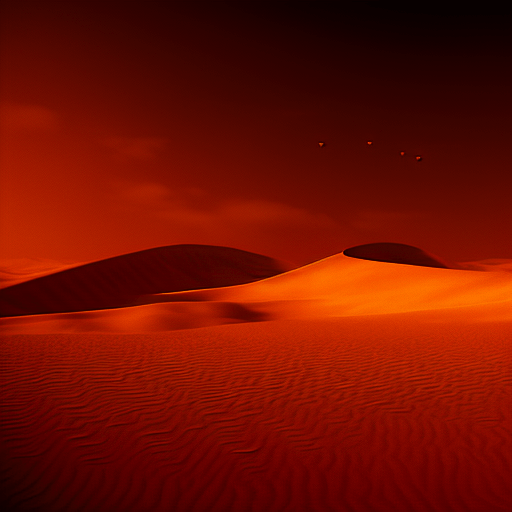One-line Summary:
In the science fiction epic “Dune” by Frank Herbert, a young nobleman named Paul Atreides must navigate treacherous political intrigue, mystical powers, and the harsh desert planet of Arrakis to fulfill his destiny as the messiah-like figure of the Fremen people.
The Rise of House Atreides
Set in a distant future where interstellar travel and political maneuvering are the norm, “Dune” follows the story of Paul Atreides, the son of Duke Leto Atreides and Lady Jessica. The Atreides family is chosen by the Emperor to take control of the desert planet Arrakis, the only source of the valuable spice known as melange. As the Atreides move to Arrakis, they face opposition from rival noble houses, particularly House Harkonnen, who had previously controlled the planet. Paul, trained in the ways of the Bene Gesserit sisterhood and possessing unique prescient abilities, quickly realizes that his family is walking into a trap.
The Desert Planet and the Fremen
Arrakis, also known as Dune, is a harsh and unforgiving planet covered in vast deserts. The scarcity of water and extreme climate have shaped the culture of the native people, the Fremen. The Fremen have adapted to survive in this hostile environment and possess a deep reverence for the planet. They see Paul as the long-awaited messiah, the Kwisatz Haderach, who will lead them to freedom and restore balance to the universe. Paul, initially skeptical of his role, embraces his destiny and becomes the leader of the Fremen, using his unique abilities to gain their trust and loyalty.
The Battle for Arrakis and the Unveiling of the Golden Path
As the Atreides and the Fremen prepare for a final showdown with House Harkonnen and the Emperor’s forces, Paul’s prescience reveals the potential outcomes of different paths he could take. He sees that no matter what choices he makes, the future is filled with violence, destruction, and loss. In a pivotal moment, Paul realizes that he must choose a path that will ultimately lead to the survival of humanity, even if it means sacrificing his own desires and the lives of those he loves. He unleashes a cataclysmic event that reshapes the political landscape of the universe and sets the stage for future generations.
- The struggle for power and control in a feudal society
- The ecological and environmental themes of resource exploitation
- The exploration of religion, messianic figures, and the power of belief
- The examination of destiny, choice, and the consequences of one’s actions
- The importance of adaptation and survival in harsh environments
“I must not fear. Fear is the mind-killer. Fear is the little-death that brings total obliteration. I will face my fear. I will permit it to pass over me and through me. And when it has gone past, I will turn the inner eye to see its path. Where the fear has gone, there will be nothing. Only I will remain.”
– Frank Herbert, Dune
In “Dune,” Frank Herbert weaves a complex tapestry of political intrigue, ecological themes, and philosophical musings. The story explores the consequences of power struggles, the impact of resource exploitation, and the role of religion and belief in shaping societies. Through the character of Paul Atreides, Herbert delves into questions of destiny, choice, and the sacrifices one must make for the greater good. “Dune” is a timeless science fiction masterpiece that continues to captivate readers with its rich world-building and thought-provoking themes.












